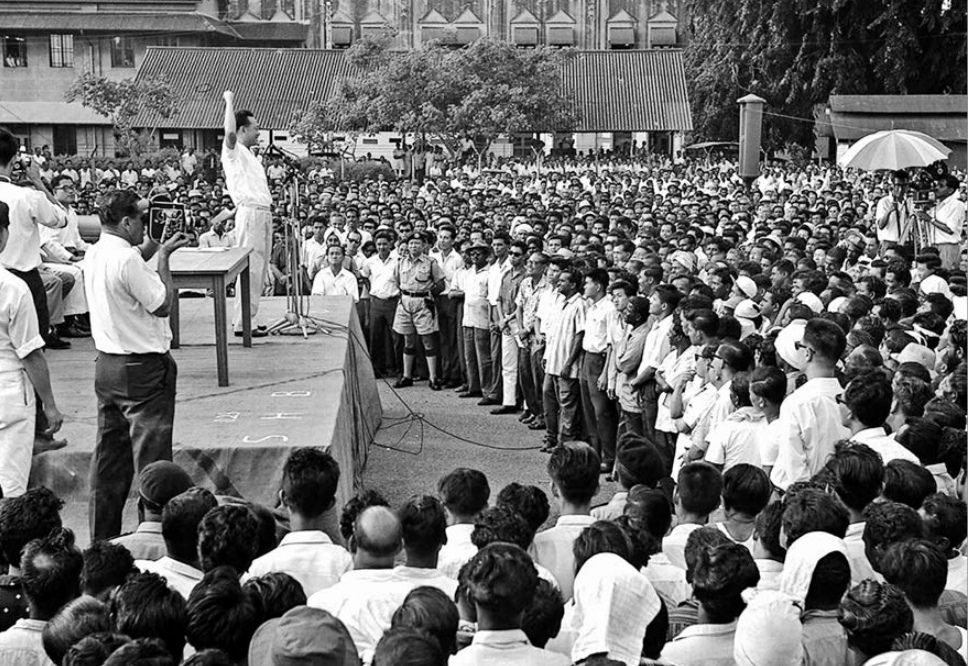BBC Earth has launched a global search for a fresh new presenter who can offer a different perspective on all things natural history and science, to join the team to film a four-part YouTube series. If you’ve never before been a presenter and are;
- Passionate about our planet and all the wonderful things that live on it
- Fascinated in the wider world of science, space or the human race
- Able to communicate your passion with eager and curious audiences all over the world
Then you could enter this international search to become BBC Earth’s newest online presenter!
About BBC Earth
The BBC Earth YouTube channels have collectively over 3 million subscribers and have amassed over 945 million views, connecting audiences around the world with factual content on demand, every day.
The main channel is the home of BBC Studios Natural History Unit’s legendary archive; Earth Unplugged makes you think about animals and natural history in a new way; And Earth Lab is the best science classroom you never had – tackling burning questions about the science that affects us.
Application Details
Budding science storytellers can film and upload a short video to either YouTube, Facebook, Instagram or Twitter, that shows off their unique and creative approach to educational communication, and be in the running to win the opportunity to create content for a BBC Earth YouTube channel.
Entry videos must be submitted by 23:59 (BST) on 5th July 2018.
Entries will be judged on how fresh the approach to science communication is, how clearly the facts can be understood by an audience on the internet and how much of the presenter’s passion comes across in their presenting style.
Here’s what you should do if you think you have what it takes:
1. First, make a video in English explaining your favourite science fact in under 60 seconds. (This should be a new video made just for this competition).
Feel free to use vlog style, interview someone, intercut with animation, or use a (safe!) practical demonstration to get your fact across. BBC really wants to see your creative approach to science communication.
2. Post that video publicly (so we can find it) to either YouTube, Facebook, Twitter or Instagram.
3. Use the hashtag #BBCEarthPresenterSearch somewhere in the title / tweet / post
4. Fill in the entry form online and include a link to your video and a short statement about why you want to be the next BBC Earth presenter
Watch the call to action here and visit BBC’s website for more details!













